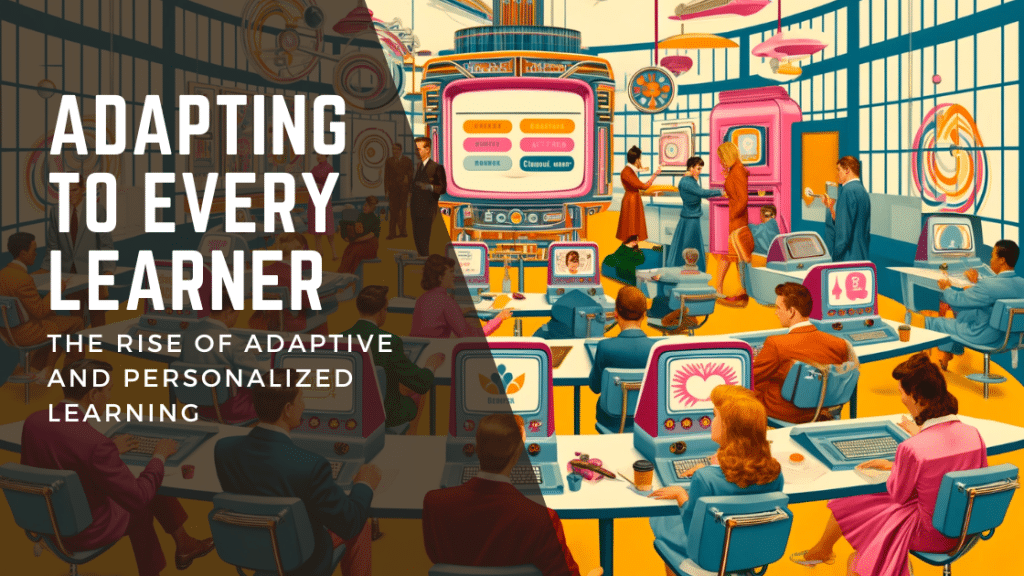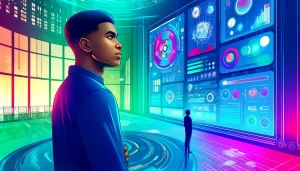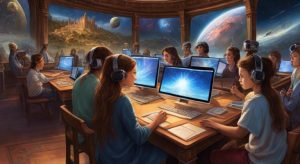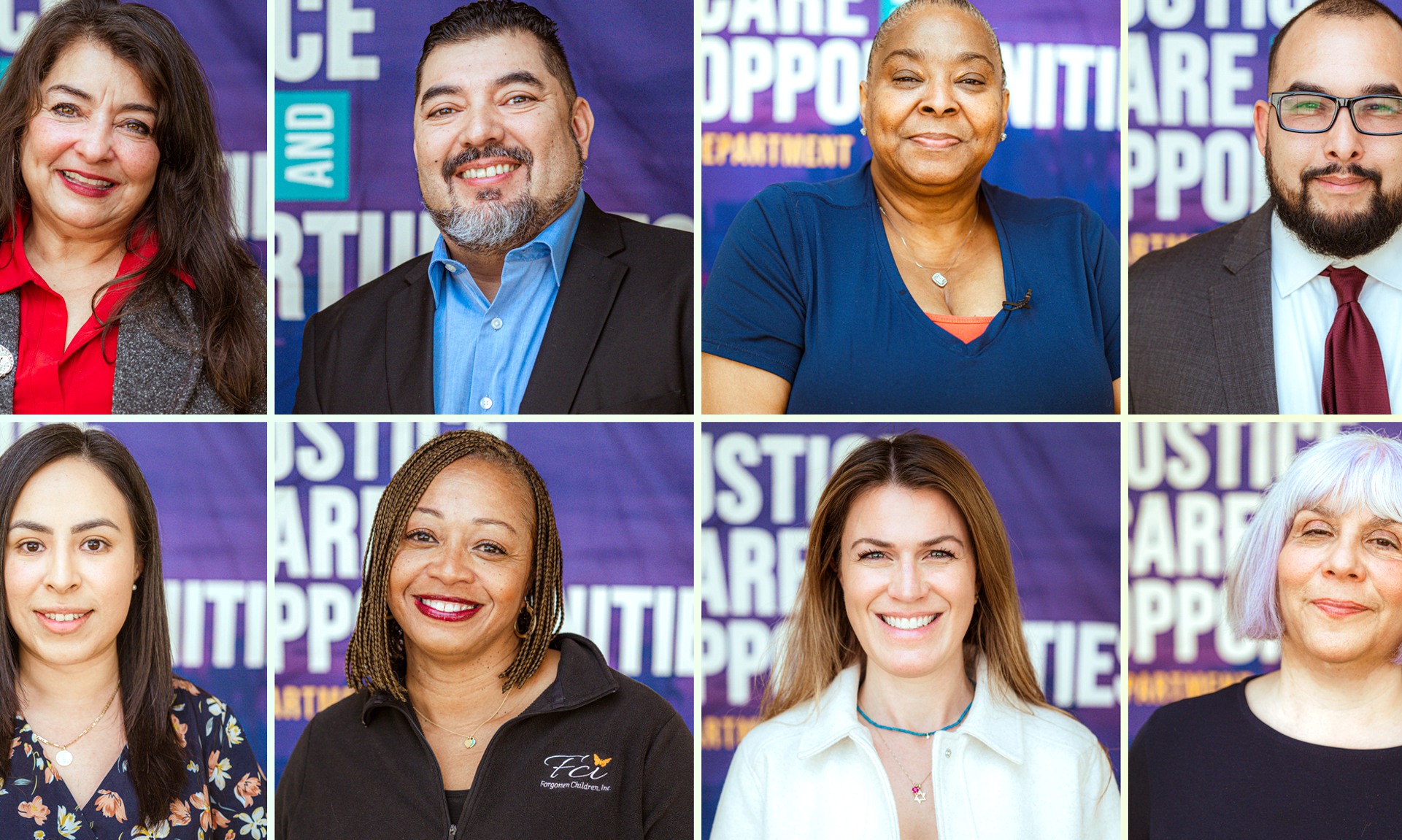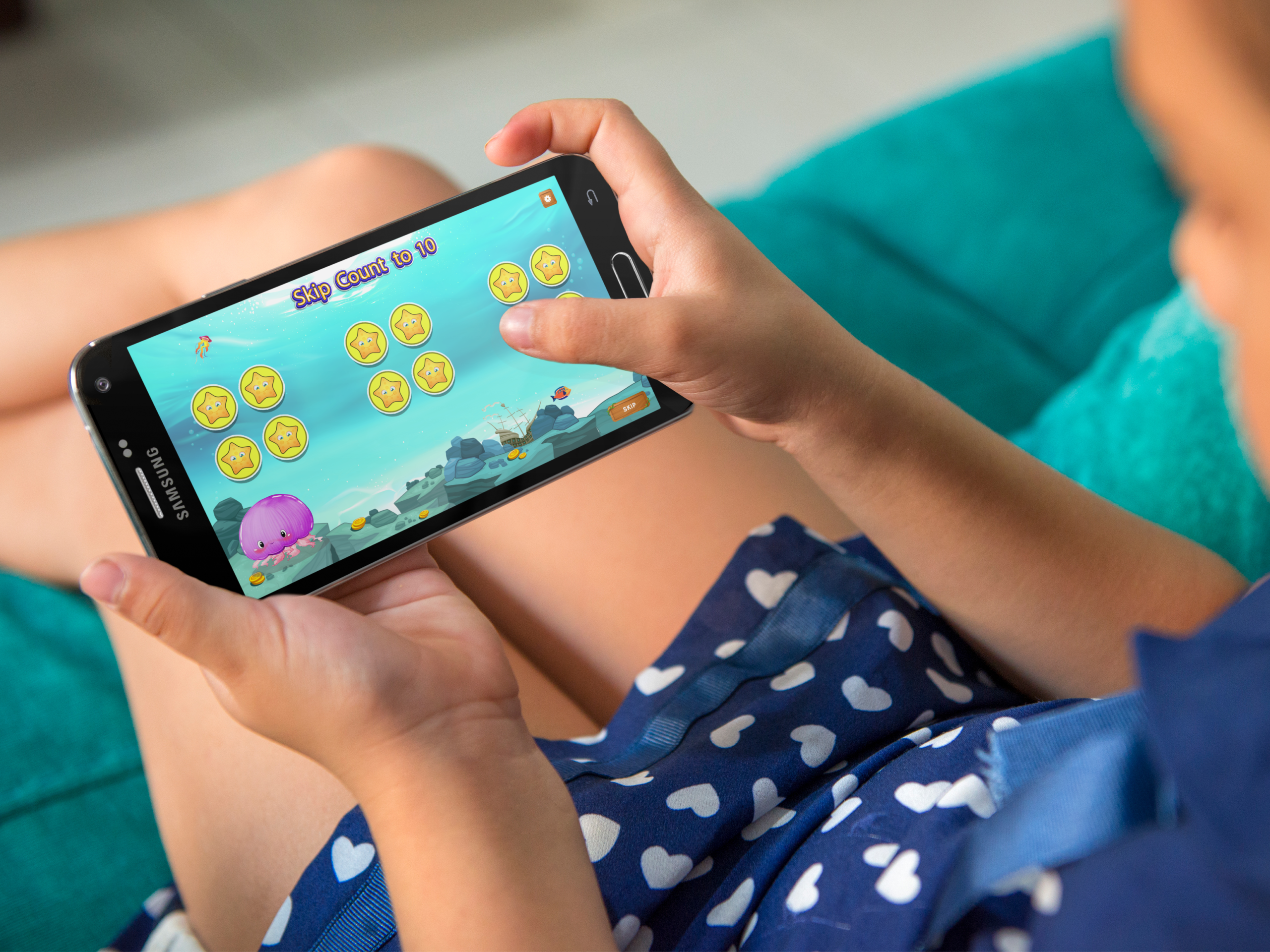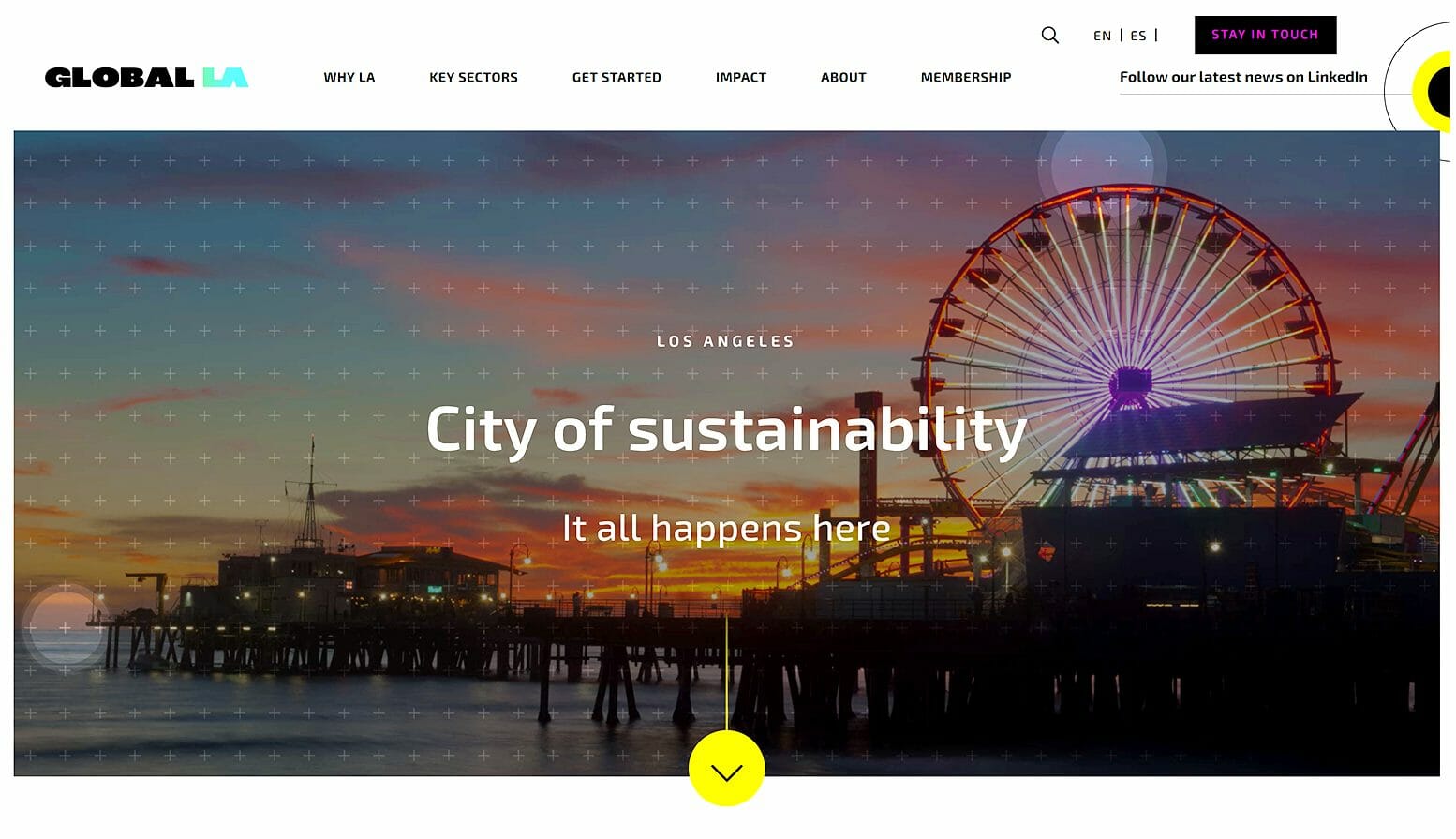15 May ‘24
Adapting to Every Learner with Adaptive and Personalized Learning
15 May ‘24
In: Online Learning, / By: Ripe Media
With the advancement of technology and the increasing demand for individualized learning experiences, adaptive and personalized learning have emerged as powerful tools in education. These innovative approaches cater to the diverse needs and learning styles of each student, providing a more effective and engaging learning environment. In this blog post, we will probe into the world of adaptive and personalized learning, exploring how it is revolutionizing the way we educate and empower learners of all ages.
Crushing It with Customized Content
Why One-Size-Fits-All Is Dead
To truly connect with learners today, we have to understand that the concept of one-size-fits-all education is obsolete. Every individual is unique with different learning styles, preferences, and paces. By delivering customized content, we can engage learners on a personal level, catering to their specific needs and maximizing their potential.
The Tech Revolution in Personal Learning
Content tailored to the individual is becoming more accessible and effective thanks to the tech revolution in personal learning. With the rise of AI algorithms and adaptive learning platforms, we can analyze data points to create personalized learning experiences. This tech-savvy approach is reshaping education, making it more engaging and impactful for learners of all ages.
The advancement of technology has paved the way for a new era in education. With the integration of AI, machine learning, and adaptive algorithms, we can now create customized learning paths for every student. This revolution in personal learning is empowering educators to cater to the diverse needs of learners like never before.
Hustle and Flow: The Adaptive Learning Ecosystem
The Algorithms That Know You Best
One of the most powerful aspects of adaptive learning is its ability to utilize algorithms that can truly understand each learner’s individual needs and preferences. These algorithms don’t just track progress; they analyze behaviors, preferences, and outcomes to tailor the learning experience in real-time.
Dynamic Content: Keeping Up with the Pace of Learning
One of the keys to effective adaptive learning is the ability to deliver dynamic content that adapts to the learner’s pace and preferences. This means that the material is always fresh, engaging, and relevant, ensuring that learners stay motivated and focused throughout their learning journey.
For instance, if a student is struggling with a particular concept, the adaptive learning system can provide additional resources, such as videos, simulations, or interactive quizzes, to help reinforce the material in a way that resonates with that individual. This dynamic approach keeps learners engaged and ensures that they are getting the support they need to succeed.
Adaptive learning is not just a buzzword; it’s a game-changer in the world of education. By leveraging powerful algorithms that truly understand each learner and delivering dynamic content that keeps up with the pace of learning, adaptive learning is revolutionizing the way we educate and empower learners of all ages.
Empathy in Education: Understanding Diverse Learning Needs
Little do we realize the impact of understanding diverse learning needs in education. The rise of personalized and adaptive learning, as highlighted in The rise of personalized and adaptive learning has brought a new wave of empathy into the educational landscape.
Tailored Tactics for Different Brains
On the journey of empowering learners, tailored tactics for different brains play a crucial role. By recognizing and accommodating diverse learning styles, educators can create an inclusive environment where every learner can thrive.
The Human Touch in High-Tech Learning Environments
Understanding the importance of human connection in high-tech learning environments is key. Despite the advancements in technology, the human touch remains irreplaceable. Educators who combine personalized learning strategies with emotional intelligence can truly make a difference in students’ lives.
Learning in today’s world requires more than just data and algorithms. It demands a deep understanding of human emotions and the ability to connect with learners on a personal level. The human touch fosters a sense of belonging and motivates students to reach their full potential in the ever-evolving educational landscape.
The Right Hook: Impact of Adaptive Learning on Performance
Measuring Success in Personalized Education
Personalized learning has revolutionized the way we measure success in education. By tailoring the learning experience to each individual student, adaptive learning programs can track progress with pinpoint accuracy. This data-driven approach ensures that student performance metrics are not just numbers on a page, but actionable insights that can drive meaningful improvement.
Long-Term Benefits for the 21st-Century Learner
One of the most significant advantages of adaptive learning is the long-term impact it has on 21st-century learners. By adapting to each student’s unique needs and learning style, these programs instill a sense of autonomy and self-directed learning. Students are not just memorizing facts for a test; they are developing critical thinking skills, problem-solving abilities, and a growth mindset that will serve them well beyond the classroom.
Learner-centric approaches like adaptive learning are shaping a generation of students who are better equipped to thrive in an ever-evolving, fast-paced world. By emphasizing personalized learning experiences and fostering a deep understanding of core concepts, adaptive learning is not just improving test scores—it’s preparing students for success in the real world.
Conclusion
Ultimately, adapting to every learner through the rise of adaptive and personalized learning is not just a trend but a necessity in today’s educational landscape. It is about understanding that each student is unique and has different needs, learning styles, and paces. By leveraging technology and data, educators can tailor their approach to provide a more customized and effective learning experience for each individual. The future of education lies in personalization and adaptation, and those who embrace this shift will undoubtedly be at the forefront of shaping the next generation of learners. So, let’s not just keep up with the times but stay ahead of them by embracing the power of adaptive and personalized learning!


